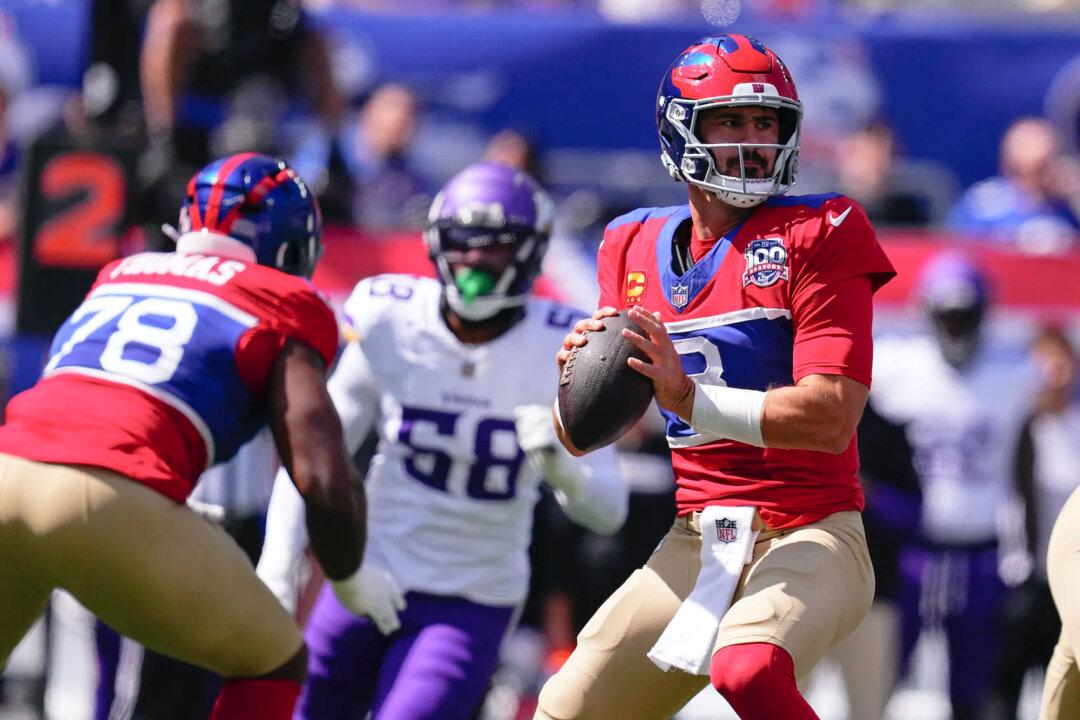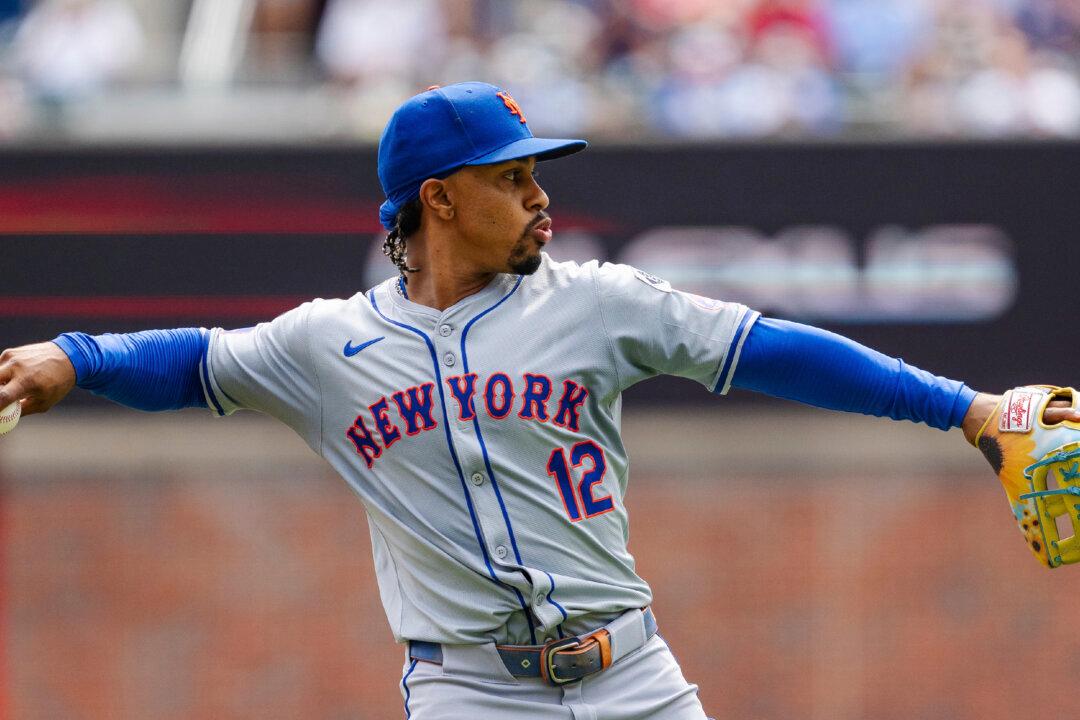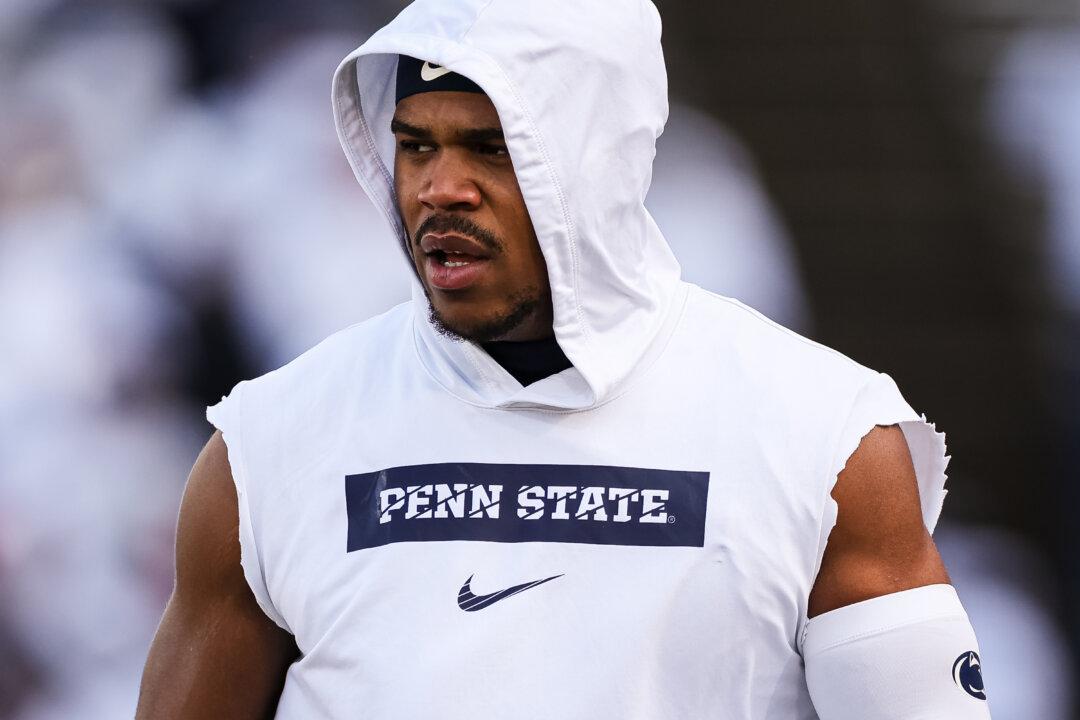If you watched the opening weekend of the NFL, you likely fell into one group of fans. You watched your favorite team hoping for a win, you were constantly updating your fantasy team’s performance on your phone, or you were compulsively checking wagers you had placed on game results.
And, no matter which of those categories you slotted into, there’s a good chance you were massively underwhelmed by the performance of quarterbacks across the league in the first week of the regular season.





